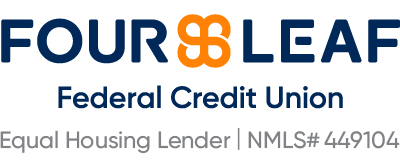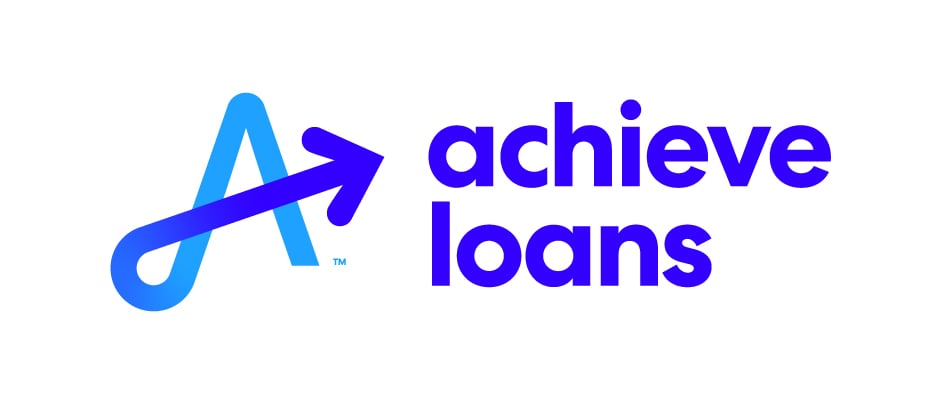8 Ways to Cover the Cost of Emergency Home Repairs
Home repair loans are one way to pay for urgent fixes. Insurance and government aid may be available, too.

Some or all of the mortgage lenders featured on our site are advertising partners of NerdWallet, but this does not influence our evaluations, lender star ratings or the order in which lenders are listed on the page. Our opinions are our own. Here is a list of our partners.
Emergency home repairs are financial dings that never come at a good time. From a leaky roof to a broken furnace, emergencies require immediate attention and can quickly drain your savings.
"When repairs are urgent and there isn't enough cash on hand, there are several ways for homeowners to cover the costs," says Holden Lewis, NerdWallet mortgage expert. "They can borrow the money and pay it back with interest, or they might collect insurance claims or qualify for grants."
Here are eight ways to cover emergency home repair expenses. Some are home repair loans of different types, but not all have to be repaid.
1. Home equity line of credit (HELOC)
A home equity line of credit allows you to tap the value of your home as you need it. Interest rates on HELOCs are often lower than on other financing options, and the open line of credit gives you flexibility to cover varying costs of your repairs. An existing HELOC can be ideal for emergency repairs, because opening a new line of credit requires an appraisal that can take weeks.
However, be aware that borrowing against home equity can put your home at risk if you can’t repay, so spend HELOC funds wisely and pay promptly.
» MORE: Compare the best HELOC lenders
Advertisement



HELOC & Home Equity Loans from our partners

on FourLeaf Federal Credit Union
FourLeaf Federal Credit Union 

Min. credit score
670
Max. loan amount
$1,000,000

on Achieve
Achieve 

Min. credit score
600
Max. loan amount
$300,000

on Figure
Figure 

Min. credit score
600
Max. loan amount
$750,000
Curious how much your home is worth?
NerdWallet can show you what your home is worth and update you on changes over time.
2. Homeowners insurance claim
Check your insurance policy to see if a home repair emergency is covered. For example, a new roof may have at least some, if not all, of its replacement cost covered if it was damaged by a storm. You might not be able to see the damage from the ground, but a qualified inspector will be able to make an assessment.
3. Credit card
A credit card is a fast and convenient way to pay for surprise expenses, but high interest rates can make it an expensive solution. Complicated repairs may also require a large amount of available credit to get the job done.
If you want to use a credit card, consider paying off the balance before you’re hit with interest on the next statement cycle, or use a 0% APR credit card. Typically, a 0% APR credit card allows you to make interest-free payments for 15 to 18 months. Borrowers are generally required to have good to excellent credit (a score of 690 or higher) to qualify.
» MORE: Best 0% APR credit cards
4. Home improvement loans
Home improvement loans are unsecured personal loans offered at banks, credit unions and online lenders. Many lenders offer same- or next-day funding and extended repayment terms if you use the funds for home improvements.
Personal loans don’t require equity in your home or collateral, but rates tend to be higher than home equity options. Also, funds are distributed in a lump sum, so this type of loan works best when you know exactly how much your repairs cost.

5. Contractor financing
Some home improvement contractors offer financing through a third-party lender. Contractor financing can have low rates and typically doesn’t require collateral. Streamlining your loan through a contractor can also help get repairs done quickly.
Loan amounts and terms can vary among contractors. Generally, your contractor will provide you with loan options, but it’s a good idea to take a day or two to compare loans from other providers, like online lenders, to ensure you’re getting the cheapest loan.
Ideally, a loan through your contractor has a low rate, monthly payments that fit your budget, and quick funding to get your repairs underway quickly.
6. Cash-out refinance
Homeowners with equity may consider a cash-out refinance. This option replaces your current mortgage with a larger one, and you receive the difference in cash that can be used for repairs.
Since the new mortgage comes with a different rate and term, a cash-out refinance makes the most sense when it has a lower interest rate than your current home loan. Cash-out refinancing may also require extra time to shop for a low rate and have your home appraised.
7. Community or government home repair assistance
Many government and community assistance programs provide grants or affordable loan options for home repairs.
- Community Development Block Grants allow municipalities to offer local homeowners emergency repair grants. Other assistance plans may serve senior or disabled homeowners. Some programs may have restrictions to qualify, such as an income limit. Check with your local office of housing, housing services or the housing authority for details.
- Title I loans, offered by the Department of Housing and Urban Development, are FHA-insured loans issued by lenders, particularly for owners with low home equity. The proceeds can be used for major repairs or for appliances and other household items that “make your home more livable and useful.”
- The U.S. Department of Agriculture Section 504 Home Repair program helps homeowners with very low incomes in rural areas repair, improve or modernize their homes. Grants are also available for homeowners aged 62 or older.
- Additional sources of aid for emergency home repairs can include Habitat for Humanity, local service organizations and nonprofits, volunteers from religious organizations, and community centers.
8. Disaster relief
If your emergency home repair is disaster-related, you may want to turn to relief organizations like the Federal Emergency Management Agency. FEMA can offer funds for emergency disaster repairs not covered by your homeowners insurance. The current maximum grant is $43,600 per household for disasters that happen on or after March 22, 2024 .
Advertisement



HELOC & Home Equity Loans from our partners

on FourLeaf Federal Credit Union
FourLeaf Federal Credit Union 

Min. credit score
670
Max. loan amount
$1,000,000

on Achieve
Achieve 

Min. credit score
600
Max. loan amount
$300,000

on Figure
Figure 

Min. credit score
600
Max. loan amount
$750,000
How much do emergency home repairs cost?
Home repair costs can vary significantly depending on the severity of the damage, ranging from a few hundred to thousands of dollars.
Fixing a burst pipe can cost an average of $500, while replacing a broken window costs $405 on average. More extensive repairs, such as fixing a home's foundation, can average around $5,000; a full roof replacement costs about $9,500 on average. These figures are nationwide averages from data collected and verified by Angi.com, which compiles costs reported by homeowners and service professionals across the country.
Article sources
NerdWallet writers are subject matter authorities who use primary,
trustworthy sources to inform their work, including peer-reviewed
studies, government websites, academic research and interviews with
industry experts. All content is fact-checked for accuracy, timeliness
and relevance. You can learn more about NerdWallet's high
standards for journalism by reading our
editorial guidelines.
- 1. FEMA.gov. Help for Survivors with Insurance. Accessed Nov 24, 2025.
More like this
Related articles








